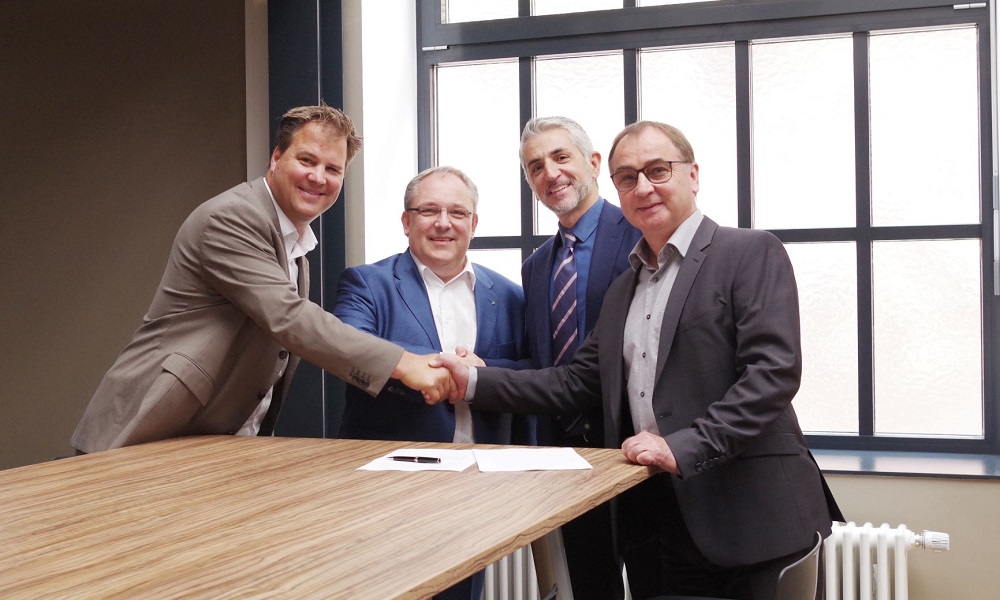Thermo King and BPW say their collaboration to develop a new economical and ecological refrigerated trailer solution can transform the way refrigerated trailers are powered.
The companies have revealed that they have spent the last year, working together to “create a sustainable power solution for refrigerated trailers that will not only be environmentally friendly but also bring transport companies substantial cost savings.”
Both companies are convinced that they will soon deliver to market a reliable and efficient solution “making zero-emission trailer transport refrigeration a reality.”
In a joint-statement, the partners said that they will be communicating major developmental milestones over the coming months with a sneak-preview later this year.
“For decades, Thermo King has considered it our responsibility to lead the refrigerated transport industry and always deliver solutions that our customers expect from us,” said Francesco Incalza, president of Thermo King Europe, Middle East and Africa. “We’re leaders in electrification, we have the largest range of zero and low-emissions solutions in all segments of the market.
“Our customers value us for our commitment to the continuous advancement of the industry. The partnership with BPW perfectly reflects this approach and brings us closer to meeting our 2030 sustainability goals and combatting exhaust, CO2 and noise pollutions in our industry.”
Thore Bakker, General Manager Trailer Solutions & Mobility Services at BPW, adds “In times of climate change, new traffic regulations in urban areas, the transport industry is more than ever challenged to find new ways of doing business economically and ecologically.
“Together with Thermo King, BPW is addressing the urgent problems of refrigerated transport, whose refrigeration units are still powered by a separate diesel engine today. By combining our competences as technology leaders for freight transport solutions we can make temperature control systems more environmentally friendly through new energy concepts in the trailer. This will also have a positive implication to the Total Cost of Ownership of the freight forwarder along the transportation supply chain.”



